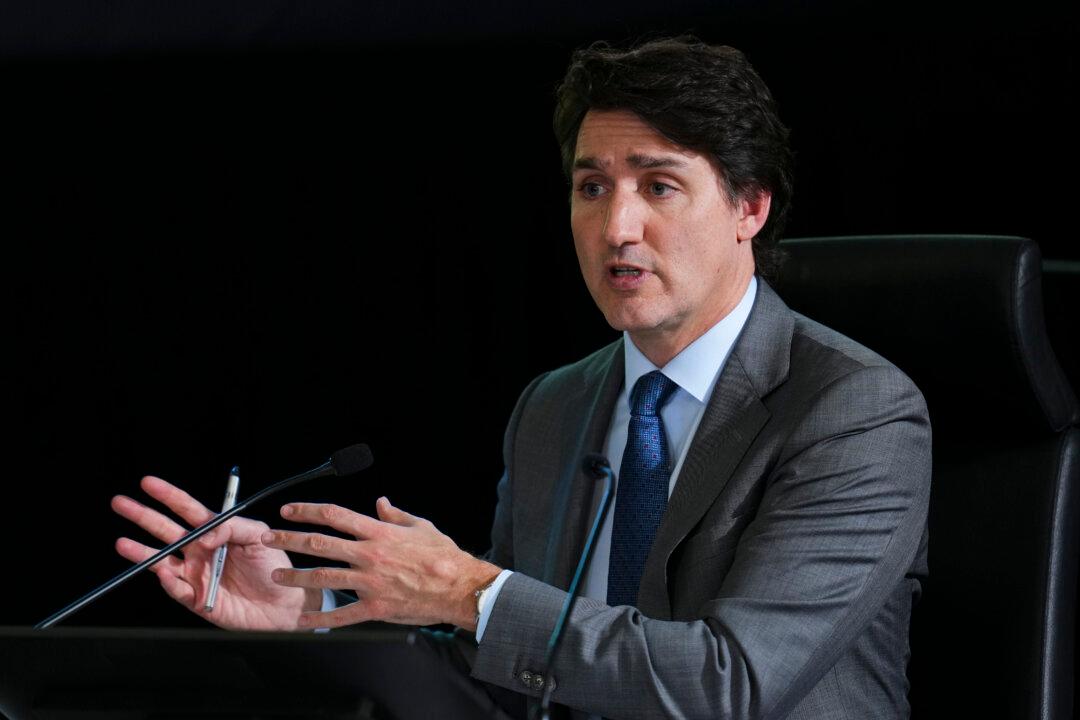Commentary
The public inquiry into foreign interference has been defined by gross discrepancies in testimony over the last two weeks.

The public inquiry into foreign interference has been defined by gross discrepancies in testimony over the last two weeks.